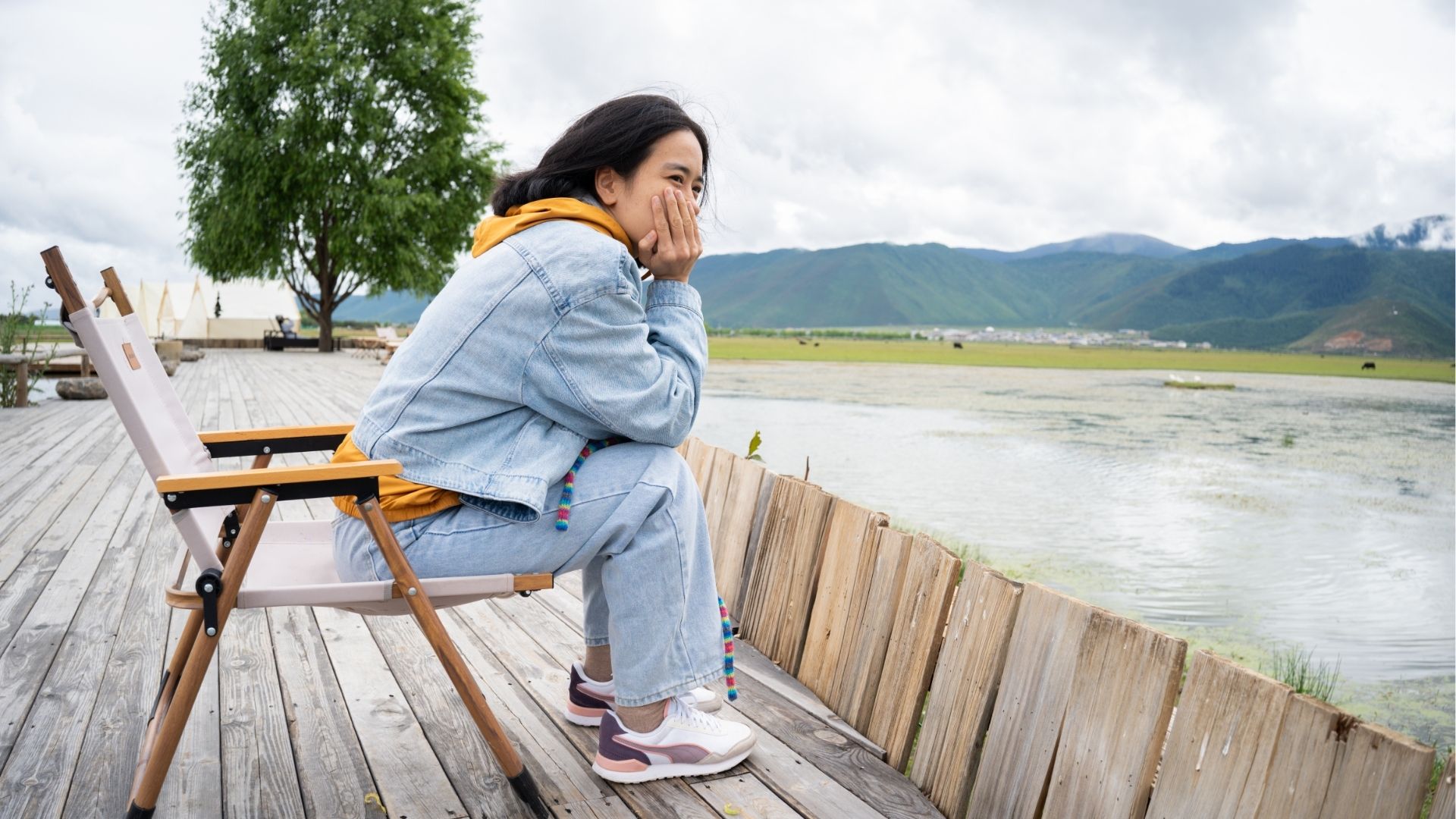You might not believe it, but forming friendships in your early to mid-20s is difficult—especially if you don’t already have an established circle of friends.
There may come a time in your life when you’re surrounded by acquaintances but have very few true friends—and it can feel isolating. As we go through life and evolve, our needs, priorities, and interests change, too. It’s natural to outgrow even your closest friendships. Rather than viewing that as a loss, consider it a sign of growth.
Understanding That Growth Isn’t a Personal Attack
Change is a natural part of life, and shifting perspectives doesn’t mean one person is wrong. Sometimes, friendships no longer align with the person you’re becoming—and that’s okay. Recognizing this helps people part ways with understanding, rather than resentment.
Many people feel guilty when they realize a friendship is no longer what it used to be. However, staying in a friendship out of obligation or “for the sake of peace” can lead to emotional distance—or worse, resentment with no one to blame and no outlet for the frustration.
Different Priorities Can Lead to a Natural Drift
As we move through different stages of life, our focus shifts. Career changes, personal goals, family responsibilities, and even new hobbies can lead to lifestyle differences. These changes don’t always cause a falling out—they may simply lead friends down different paths.
You might just have different priorities at the moment, and that doesn’t mean anyone is at fault. Friendships require effort, but they should never feel forced. If maintaining a friendship becomes more of a burden than a joy, it might be time to step back and evaluate whether it’s still a healthy, fulfilling connection—or if it’s time for an honest conversation.
Outgrowing Friends Is a Sign of Personal Development
Personal growth means evolving mentally, emotionally, and spiritually. As your perspectives and values shift, not everyone around you will grow at the same pace or in the same direction. Rather than resisting that, embrace the new opportunities that change brings.
Whether we admit it or not, some friendships are built on shared experiences rather than true compatibility. You may be friends simply because you went to the same university or worked at the same company—not because you genuinely “clicked.”
As you mature, it’s normal to realize that what once bonded you may no longer be enough. But that doesn’t devalue the memories or connections you once had—it just highlights the importance of relationships that reflect who you are today and who you aspire to become.
Let Go of Things That No Longer Serve You
Holding on to friendships that no longer support your well-being can be emotionally exhausting. It’s important to regularly reflect on which relationships bring value and care into your life—and which ones have become draining.
Letting go can be painful, especially when happy memories are involved. But if parting ways means protecting your peace, then it’s a necessary step.
Acknowledging that the dynamic has changed is something all parties should understand. Letting go doesn’t always mean cutting ties completely or ending things on a sour note. Sometimes, it just means creating space—for both distance and growth.
Quality Over Quantity: The Power of a Smaller, Supportive Circle
“Quality over quantity” may be a cliché, but it holds true. It’s not about how many friends you have, but about the depth of those connections. A smaller, more supportive circle of people who truly see, understand, and uplift you is far more valuable than a large group of acquaintances.
Surround yourself with people who genuinely enjoy your presence, accept you for who you are, and still hold you accountable when necessary. It’s better to have a few close, dependable friends than many surface-level connections.
Sometimes, parting with a treasured bond feels like leaving claw marks behind. But once you accept that it no longer serves you, you’ll make room for something better—and that’s okay.
Most importantly, it’s exciting to think about who you’ll become after you’ve let go of what no longer fits. As you welcome change and meet new versions of yourself, you may not yet know who they are—but trust that you’re going to like them.








